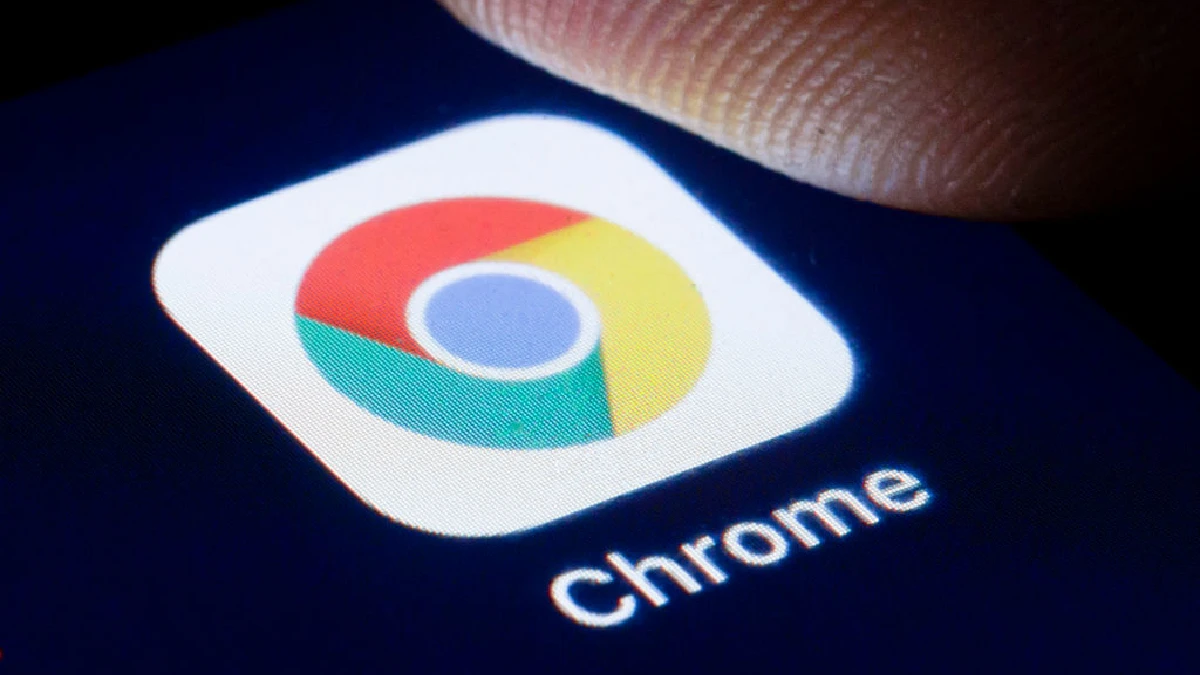Google Chrome update creates a permissions nightmare for ad-blockers, rendering uBlock Origin unaccessible on Chromebooks newer than v5.0
Your favourite ad-blocker may not last long. Users who want to add the popular uBlock Origin extension to their Chrome browser are met with a message that says: "This extension might soon not be supported because it does not follow best practices for Chrome Extensions."
The associated support page makes reference to privacy and security concerns, but the larger picture is Chrome's Manifest V3 update. The Manifest V3 is a major update, and it will affect all web browsers built using Google's open-source Chromium Project, including Microsoft Edge and Opera.
Chrome Manifest versions are a set of rules that browser extensions must follow. They detail what APIs developers may use and what permissions extensions may have access to. Put a pin into that Manifest definition, because the 'permissions" part will be incredibly important in the future.
Chrome will phase out Manifest V2 completely by June 2025. PCWorld reports that some users of newer Chromebook models are unable to download browser extensions using Manifest V2 because they use the latest Chromebook models.
uBlock Origin is still using the older Manifest version. This is bad news for its 40 million Chrome users. uBlock Origin Lite, a Manifest V3-compliant alternative to the ad blocker, is a "pared-down" version that has had to "sacrifice a lot of features" to comply with this new framework.
Ghostery, which develops a range of privacy and ad-blocking tools for several browsers, gave some insight into why V3 is such a significant shift in a recent PCWorld interview. Ghostery's director for engineering, Krzysztof Módras, says it clearly: "The most significant limitation of Manifest V3 was the removal of extensions' access to the network layer."
This creates a nightmare for developers. V3 will require that extensions like uBlock Origin Lite request permission from the user per site, rather than blocking ads across multiple sites.
Pop-up fatigue is a real thing. You'll also notice that V3's stricter rules for dynamic and static rules will slow down the updating of ad-blocking lists, making your ad-blocking extensions less effective. Hill assures that Manifest V2 will continue to be supported by Firefox, but not all browsers.
What's the deal if Manifest V2 still works for Firefox? Tim Sweeney, CEO of Epic Games, took to X and shared his strong opinion. He claimed that "Google is using its dominant Windows market share to shore up its ad monopoly through blocking ad-blockers."
Ghostery CEO Jean-Paul Schmetz, speaking with PC World, offered a less ruffled assessment, saying that "Google is probably too complex as an organization to use Manifest V3 to protect its advertising interest] efficiently." What is clear is that Google tried to make Chrome more predictable [in terms of advertising], because Chrome is a very significant platform for their other monopolies."
It's bad news for those who use ad-blockers on Google's web browser. This is likely to include many of you. Firefox is a great option, but it has been in the news recently for its privacy issues. No browser is perfect but I think 'will it allow me to block ads? Most people will choose a browser based on whether it allows them to block ads.




Comments